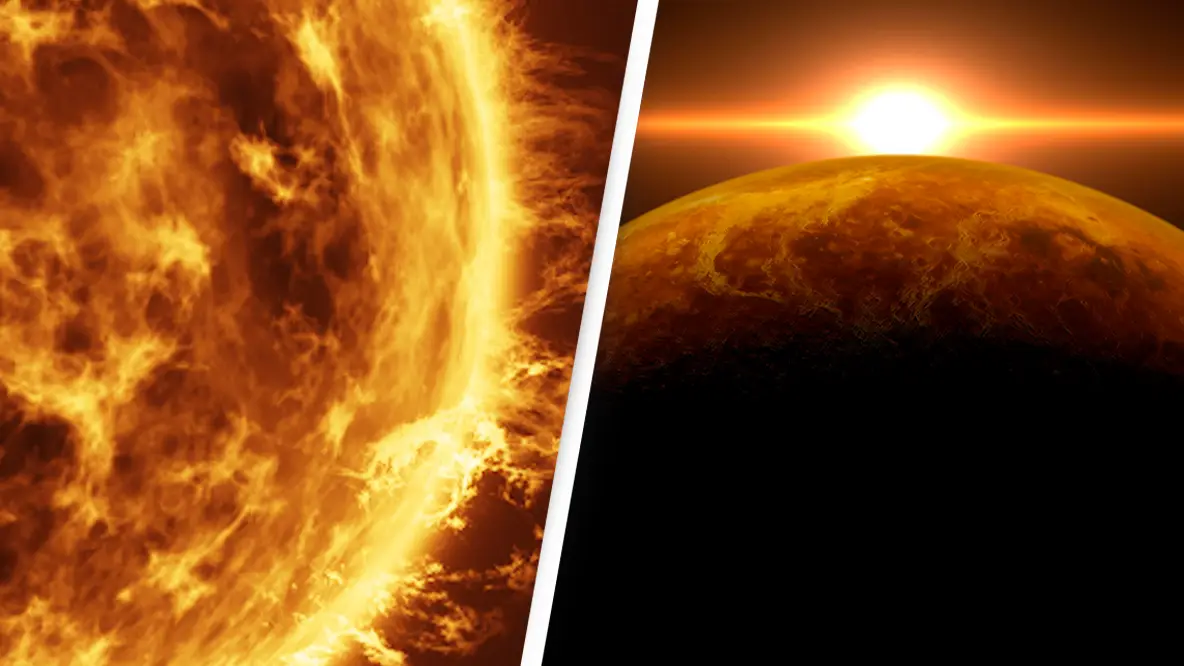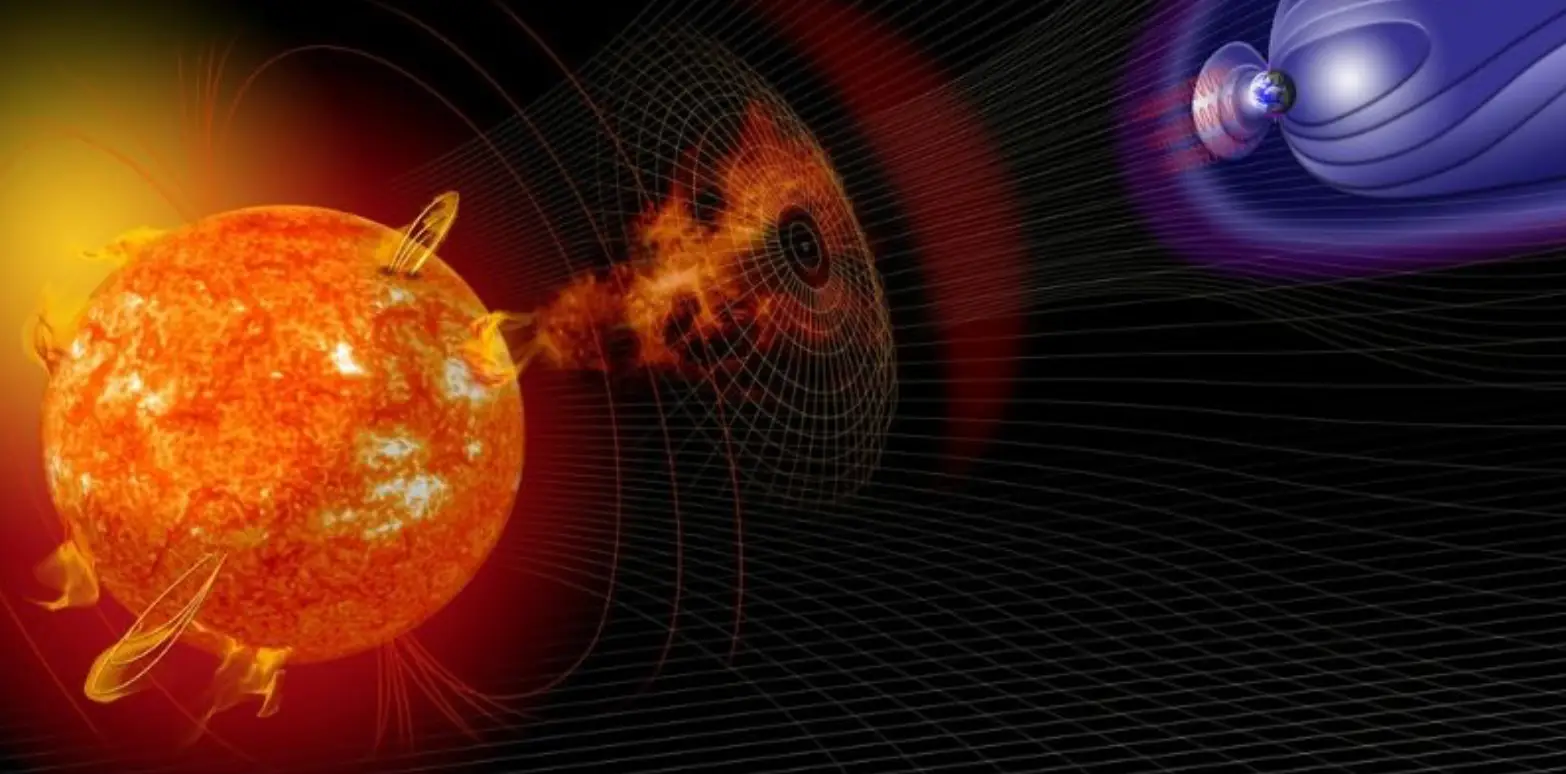
The study of the planet we all live on can lead to some exciting breakthroughs, though new discoveries can make it look like a rather concerning future is on the cards for Earth.
From the climate change debate to what is happening further away, there really is a lot for us to talk about.
Now, scientists have revealed proof of unprecedented 'extreme solar storms' hitting Earth.
Thankfully, the planet's atmosphere and magnetic field protect us from such extreme solar radiation, though that doesn't mean these 'storms' cause no damage.
Advert
That is because our technology, such as electrical grids and communication networks, can be severely or even catastrophically damaged by such solar outbursts.

In new findings published in The Royal Society’s Philosophical Transactions A: Mathematical, Physical and Engineering Science, scientists discovered more surrounding the Sun's extreme behaviour and the risk that poses to Earth.
A team of researchers from the Collège de France, CEREGE, IMBE, Aix-Marseille University and the University of Leeds measured radiocarbon levels in ancient trees preserved within the banks of the Drouzet River in the Southern French Alps.
Tree trunks were sliced into tiny single tree-rings, with analysis from this individual rings providing an unprecedented spike in radiocarbon levels from precisely 14,300 years ago.
The team compared this spike with measurements of beryllium, which allowed them to conclude the spike was caused by a massive solar storm that would have ejected huge volumes of energetic particles right into Earth's atmosphere.
The solar storm has been dubbed as the 'biggest ever identified', while the scale of the storm is known as 'Miyake Event'.
Edouard Bard, Professor of Climate and Ocean Evolution at the Collège de France and CEREGE, and lead author of the new findings, said: "Radiocarbon is constantly being produced in the upper atmosphere through a chain of reactions initiated by cosmic rays.

"Recently, scientists have found that extreme solar events including solar flares and coronal mass ejections can also create short-term bursts of energetic particles which are preserved as huge spikes in radiocarbon production occurring over the course of just a single year."
If the likes of telecommunications are wiped out by a solar storm, then those on the study warns it could cost us billions of dollars.
"Extreme solar storms could have huge impacts on Earth. Such super storms could permanently damage the transformers in our electricity grids, resulting in huge and widespread blackouts lasting months," said Tim Heaton, Professor of Applied Statistics in the School of Mathematics at the University of Leeds.
Topics: Science
